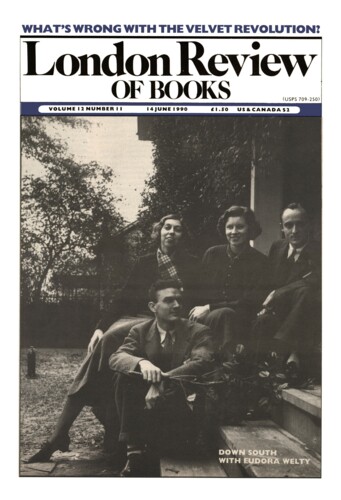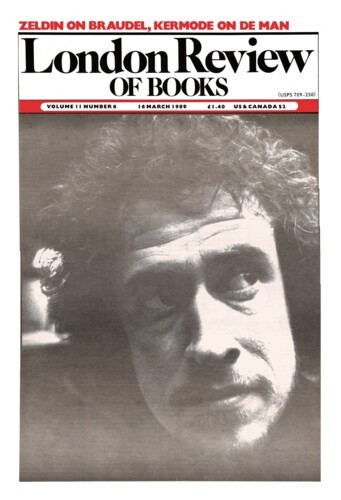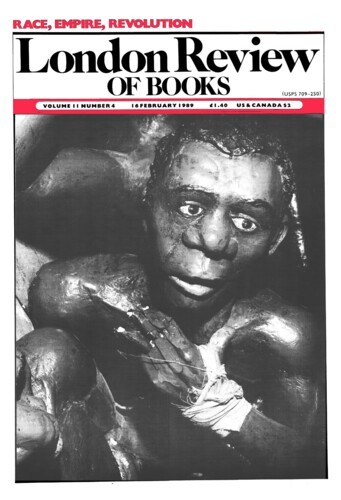A Visit to Reichenau
John Barton, 14 June 1990
Despite its enormous learning, Judith Herrin’s work is marked by small personal touches which humanise the intricate story it tells. In an Afterword, she recalls a visit to Reichenau, which will ring bells for anyone who has visited the great monastic centres there and elsewhere around Lake Constance. In this small, quiet, sunny spot in the foothills of the Alps all the sources of Carolingian culture, both literary and artistic, had been concentrated by the mid-ninth century. ‘As a symbol of the monastic refuge, which sheltered this culture through the vicissitudes of Medieval history and into the service of Renaissance Europe, Reichenau stands apart. It remains one of the most attractive emblems of the formation of Christendom.’




